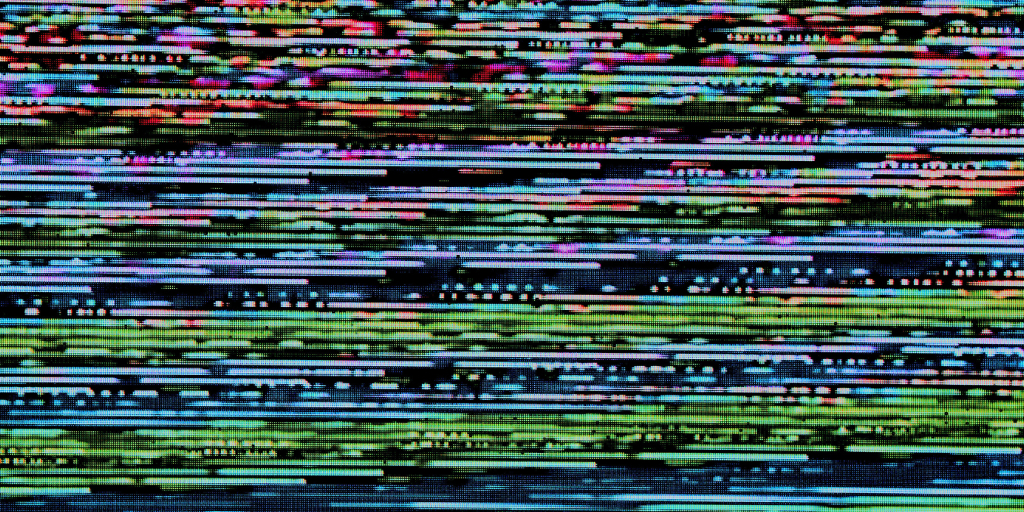The government of Pakistan must immediately cease its systematic expansion of control over online spaces.
On February 3, the Pakistan Telecommunication Authority (PTA) blocked access to Wikipedia, after having “degraded” its services for 48 hours, for not removing content that has been labelled “sacrilegious” as directed. The Prime Minister’s Office has since restored the website — recognising that blocking Wikipedia was a disproportionate response — and constituted a committee to consider alternative measures of “controlling unlawful content in a balanced manner.”
“While Wikipedia is now restored in Pakistan, the government’s far-reaching censorship powers are incredibly alarming. Authorities are too comfortable spouting vague and uncertain terms to block content and manipulate the online environment with little transparency, while perpetuating a culture of fear and self-censorship,” said Raman Jit Singh Chima, Senior International Counsel and Asia Pacific Policy Director at Access Now. “Pakistan’s online suppression violates people’s rights to freedom of expression and access to information, yet all laws governing the internet must prioritise human rights, not shield the government from legitimate criticism.”
In recent years, Pakistani authorities have intensified efforts to expand control over the media and suppress dissent. The Removal and Blocking of Unlawful Online Content (Procedure, Oversight and Safeguards) Rules 2021, upgraded the government’s powers to further enforce online censorship under the controversial Prevention of Electronic Crimes Act (PECA) 2016. Authorities are using the rules to compel social media companies to remove content, despite their legal status remaining uncertain due to constitutional challenges. Access Now continues to denounce the country’s widely criticised law targeting “fake news” for its potential to silence critics of the government.
Authorities in Pakistan frequently disrupt telecommunication services and block major websites during protests, and religious and national holidays, citing security concerns. It entirely banned YouTube for three years from 2012 to 2016, and has banned Tiktok at least four times, again citing “objectionable” content on the app, and targeted Twitter, Facebook, WhatsApp, and Telegram. The blocking orders, durations, and reasons of the bans are rarely made available to the public.
“No government should have the right to arbitrarily block website content or construct online narratives based on their own agendas,” said Eliška Pírková, Senior Policy Analyst and Global Freedom of Expression Lead. “The international community must play a greater role in holding the government of Pakistan — and all authorities casually and thoughtlessly blocking and controlling content — accountable and safeguarding human rights.”
Pakistan must review its rules authorising arbitrary and excessive censorship to ensure free expression and reliable access to information is at the core, and build transparency and accountability into the process. Any blocking orders must be made public with clear reasons. The newly constituted committee should engage with, and address, the warnings from civil society organisations and impacted communities. The human rights of people in Pakistan must be safeguarded.
